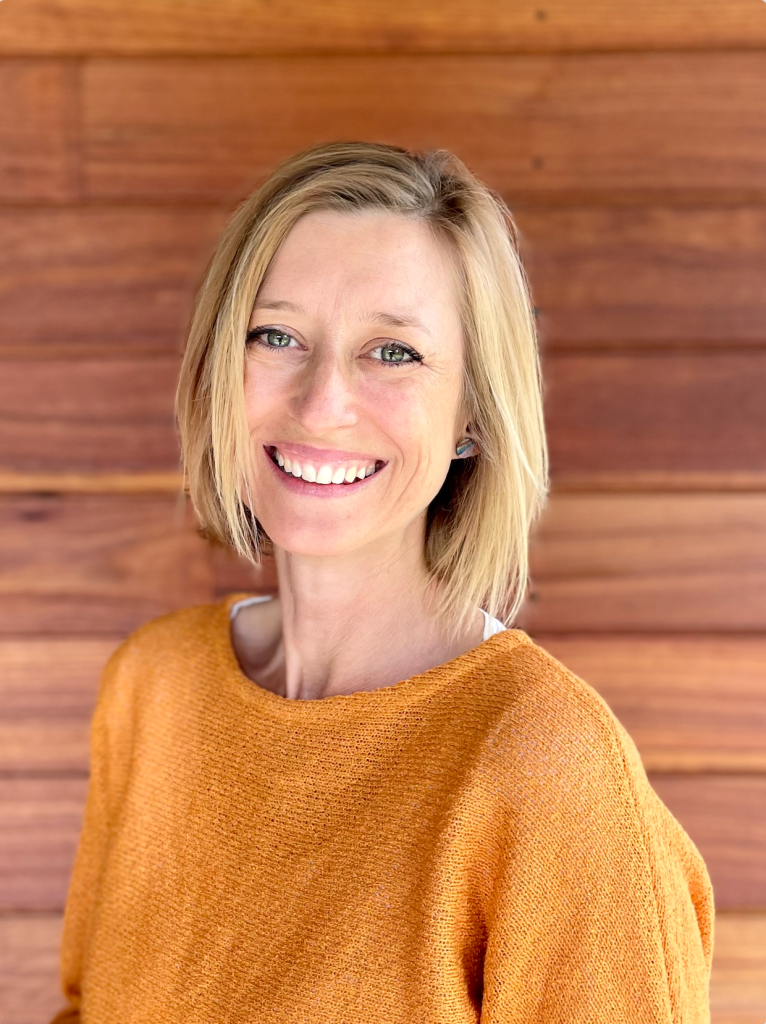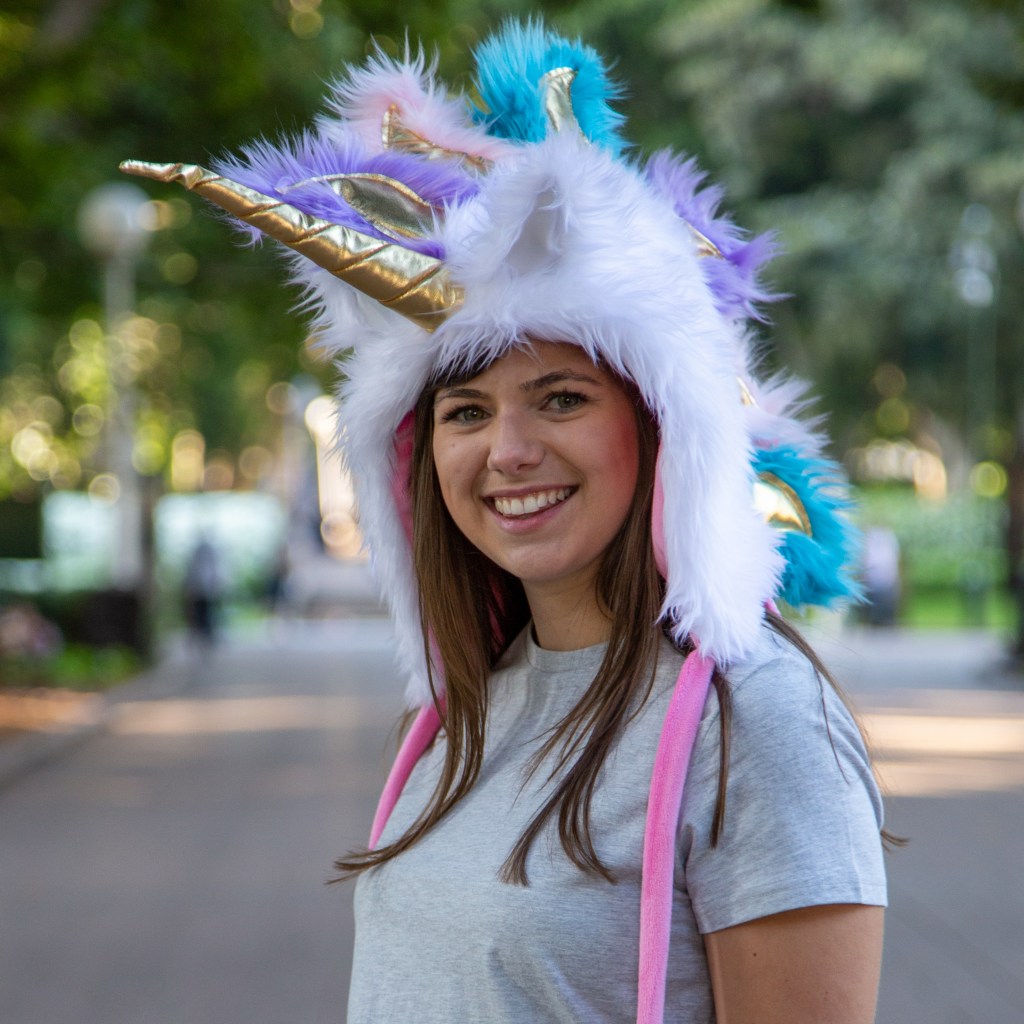A free program that builds knowledge and networks for potential angel investors aims to create a more diverse investment ecosystem.
Angel investing has high barriers to entry in terms of the personal capital required, and as a result it has historically lacked diversity.
However, that is starting to change due to initiatives such as the Explorer program by AirTree Ventures in Sydney. It aims to make angel investing accessible to a wider group of people, including women and people from different regions and socioeconomic groups.

Ten years ago, women made up just 10-15% of angel investors and venture capitalists in the United States. The gender ratio in Australia is much the same today, with just 17% of angel investors being female, according to the State of Australian Startup Funding 2021 report.
“At the moment, by far the majority of mentors and angel investors are still white privileged men. That is something that must change,” says Amy Carter-James, co-founder of climate change focused platform Raaise.
“We know that people are more likely to invest in people who look like them, or who they can connect with on some level – and this is where female founders and founders of colour are at a huge disadvantage.”
Venture funds with women on their teams have been found to invest in women founders 70% of the time, according to the Kauffman Foundation.
“You can’t change the number of investments that go to companies led by women unless you change the type of investors,” says Jess Walker, Community and Programs Manager at AirTree. “There is more diversity in the angel investment space, but a lot more needs to be done.”
The sophisticated investor rule is a significant barrier to entry, according to Walker. It requires an angel investor to have an annual salary of $250,000 or $2.5 million in assets.
“It’s an archaic rule that was created a long time ago,” she says. “When women leave the workforce to have a family, it is unlikely that they will be earning $250,000 when they return. The rule automatically blocks a lot of people and it doesn’t fit with the current ecosystem,” says Walker.
In 2020, AirTree launched the Explorer program, which is a free, three-month program that teaches people how to become an angel investor. It also provides access to its internal investment committee meetings and potentially, funds to invest.
Cheryl Mack is the CEO of Aussie Angels and she was in the first cohort of the Explorer program. She and is now an active angel investor in more than 20 startups, and a strategic advisor to many. She also founded Aussie Angels – her own angel syndicate – and which makes it easier for others to join syndicates.

“I started angel investing four years ago, and when I looked around the scene I didn’t see many people who looked like me,” says Mack. “Angel investing has been a bit of an boys’ club. It wasn’t that way for any malicious reason, but there just weren’t many pathways into it. Now there are a lot more programs to help people work out if it’s the path they want to go down.”
Carter-James of Raaise took part in the Explorer program this year, and it strengtehed her knowledge about deal sourcing, due diligence, term sheets and some of the legal aspects relating to investing.
“It was refreshing to see a diverse mix of angels at the Explorer program,” she says. “That is encouraging, but it needs to be reflected across Australia and beyond.”
As the co-founder of a climate change focused platform called Raaise, she is also buoyed to see a groundswell of activity in sustainability and impact startups.
“Climate startups used to be super niche, whereas now it’s just exploding,” says Carter-James. “The best founders are coming into this space and there are so many exciting opportunities, and so much appetite for change. However, founders don’t necessarily understand what they need to do to get funded.”
Carter-James believes that angel investors are seeking a broader criteria of qualities than they did in the past.
“If you’re an angel investor, it is all about the founders: you’re investing in them as much as the idea,” she says. “Previously, you were looking for acumen and grit, and a good multiple return on your investment. Impact wasn’t so much on the radar.”
Despite today’s challenging economic conditions, Walker believes that now is a good time to launch a start-up. She points to the fact that $3.6 billion was raised from venture capital funds across Australia and New Zealand in the last twelve months.
“There’s more dry powder [money available] than ever before. That money needs to be deployed in the next few years, and it will be going into startups. AirTree is running the Explorer program because we want the ecosystem to grow, and we also want to find the best founders from across the region.”
Eighty spots are up for grabs for the next round of AirTree’s Explorer Program. Applications are open until 5 January. Visit the website for more information.